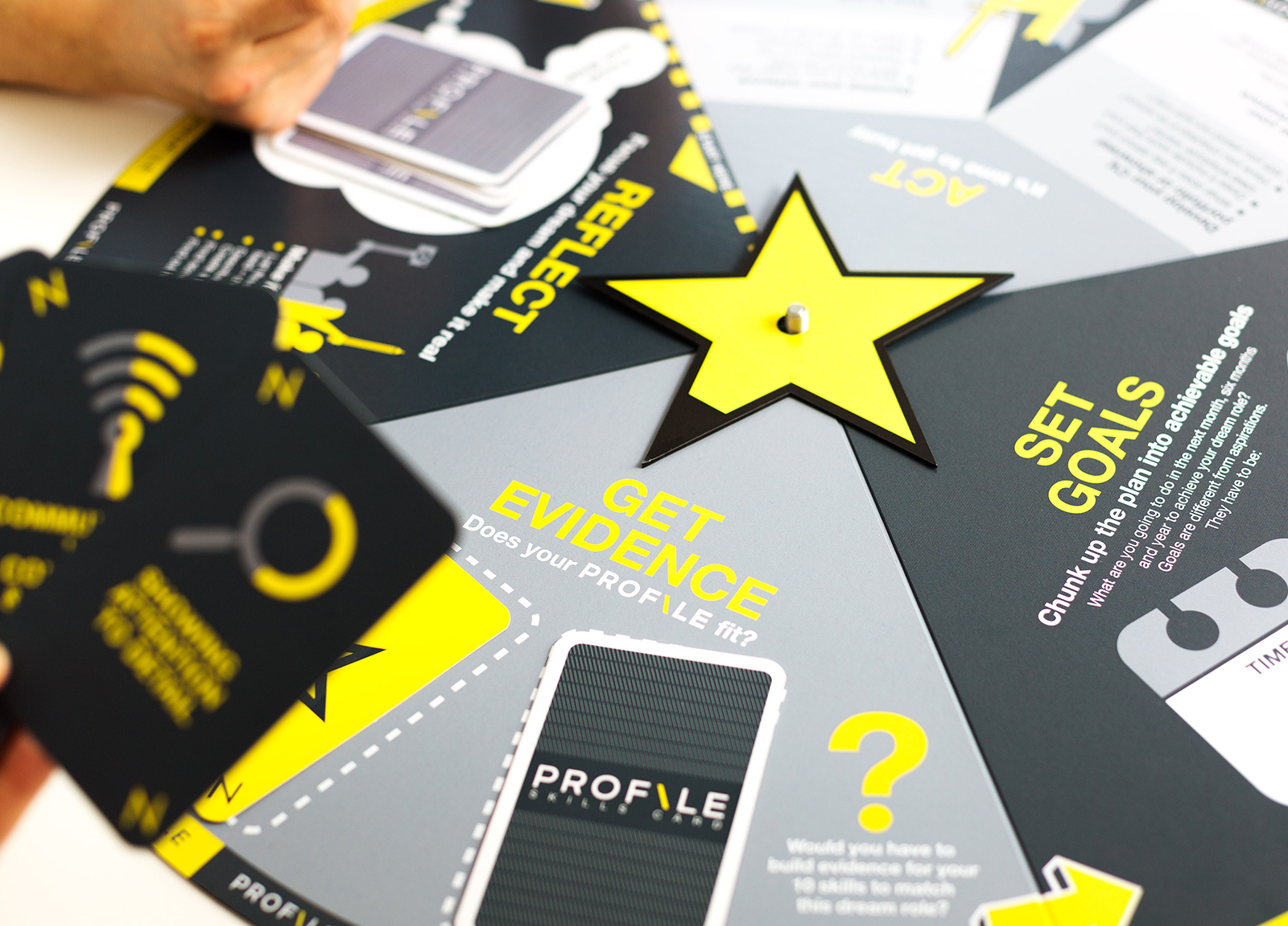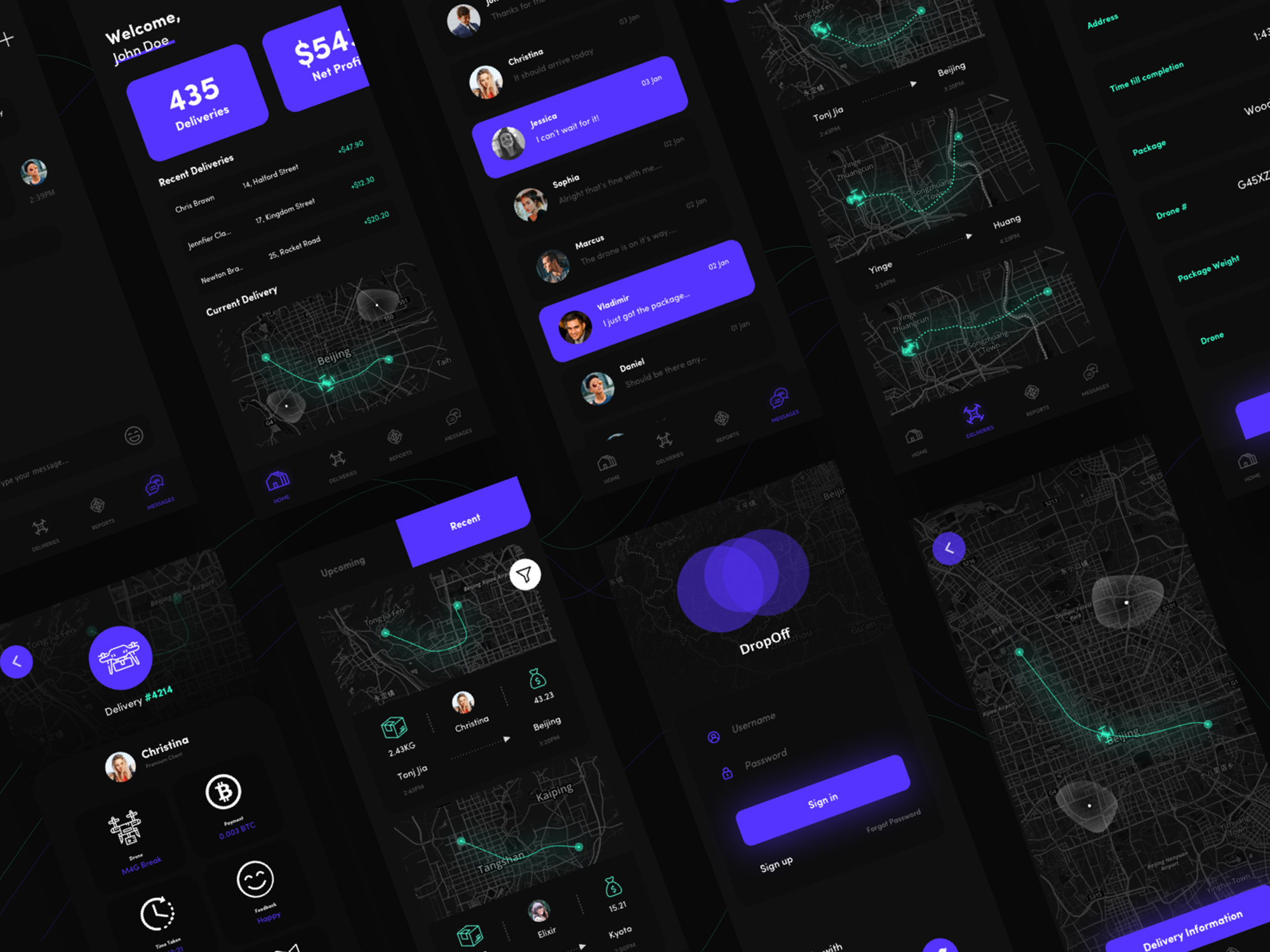
Interaction Design MA
Transform your understanding of user interaction and digital experiences through innovative practices and critical engagement.
-
Course Duration
Full-time 1 year
-
Annual Fees
- Home (full-time) £11,000
- Overseas (full-time) £24,000
-
Course Start
September 2026
- How to Apply Request a prospectus (opens in a new window)
The MA in Interaction Design supports you in understanding computer-related design rooted in the relationship between people and technology. This course supports an experimental approach to user-related interactions and experiences, drawing from a range of design thinking practices and principles.
You will develop innovative, speculative outcomes that reimagine interactive practices to support a more inclusive future, focusing on human/computer interaction components like users, tasks, tools, interfaces, and contexts. The course encourages interdisciplinary collaboration that is aligned with the broader practice of human-centred and more than human-centred design.
By the end of the course, you’ll have a professional body of work aligned with your interests and future aspirations in relation to technology. You will be adept at clearly communicating the results of your research and confidently applying current thinking and conceptual insight to drive innovation within the field.
Why study with us
-
Advanced technical skills
Develop expertise in design for experiences, prototyping, and user-environment interaction to create sophisticated and innovative outcomes.
-
Interdisciplinary approach
Benefit from shared delivery with other postgraduate courses, fostering a collaborative environment that reflects industry practices and promotes knowledge sharing.
-
Professional-level resources
Utilise a wide range of professional resources, including contemporary technology and industry-standard tools, media labs, 2D & 3D studios, workshops, and more, supporting you in creating practical and creative solutions to project briefs.
-
Ethical and inclusive research
Adopt an ethical approach to your work, focusing on the social and ethical implications of interaction design, and emphasising accessibility, equality, diversity, and sustainability.
-
Professional portfolio development
By the end of the course, you will have created a professional body of work that reflects your interests and prepares you for industry, enhancing your ability to communicate research visually.
-
Innovative problem-solving
Engage with complex problems through project-based learning, promoting original and innovative approaches to technical proficiency and professional working methods.
Course Details
This programme is a one-year course, including 30 weeks of direct teaching time and a 15-week final project. You will need to complete five units and one 60-credit major project (180 credits in total). All units on the course are compulsory and must be passed in order to complete the award. If you study part-time your modules will be split across two years. Full course details, including aims and assessment criteria, will be provided in the course specification upon validation.
Core practice and context in Interaction Design (60 credits)
This unit launches your master’s study experience at Norwich, encouraging you to explore leading practices and emerging research within and around the discipline of interaction design. Engaging with core interaction design methodologies will enhance your critical understanding and knowledge in conceiving, prototyping, and producing human-centred experiences in interactive digital contexts. Research-led projects will immerse you in modern interaction design techniques, enhancing your confidence in conceptual and practical problem-solving. You will adopt iterative, qualitative, and participatory practices to address complex challenges through in-depth critique and analysis. Continuous experimentation and critical reflection will strengthen your methods within broader conceptual frameworks and ethical considerations.
Advanced technical skills in Interaction Design (20 credits)
This unit focuses on developing advanced technical skills essential for idea generation, problem-solving, and practical development in design practice. You will engage in various media and processes, enhancing your ability to design digital products and services through project-based learning. The unit takes an expanded approach to the discipline, encouraging you to challenge technical expectations in contemporary design practices covering coding, physical computing, user experience, agile working, design thinking, systems thinking, data analysis, and emerging technologies (AR/VR/AI). Through continuous technical experimentation and practical application, you will enhance your practical skills and working methods, ensuring you are well-prepared to tackle real-world challenges and able to develop innovative and effective design solutions.
Dialogue, debate, and domain knowledge in Interaction Design (10 credits)
This unit encourages deep exploration of leading practices and emerging research in digital design. Through reflective analysis and interactive sessions, you will develop a critical understanding of your discipline within broader socio-economic, political, ethical, and cultural contexts, exploring themes like design history, identity, human/computer interaction, aesthetics, Gestalt psychology, and globalisation. You will develop a range of research approaches, using discursive interaction to inform your inquiry and push your creative boundaries to inspire new perspectives on communication design. Research-led projects will enhance your ability to synthesise conceptual and practical problem-solving to extend and explore your chosen area of expertise.
Professional technical skills in Interaction Design (20 credits)
This unit encourages your exploration of a range of professional-level technical skills essential for human-centred design and interaction in digital design practice. You will experiment across a range of media, building on the skills and techniques covered in the ‘advanced technical skills’ unit. Through individual and group projects, you’ll refine technical processes and explore innovative aspects of design creativity and prototyping, developing innovative solutions for modern media platforms using digital and analogue techniques. Topics include coding, prototyping, user flows, and emerging technologies like AR, VR, and AI, merging creative ideas with technical expertise to extend and explore your chosen area of expertise.
Advanced critical context in Interaction Design (10 credits)
This unit deepens your understanding of leading practices and emerging research in digital design. By developing effective research and reflective strategies, you will enhance your critical understanding of key methodologies and gain insights into creative thinking within socio-economic, political, ethical, and cultural contexts. Building on the ‘dialogue, debate, and domain knowledge’ unit, you will explore themes such as design history, identity, human/computer interaction, aesthetics, and globalisation. Research-led projects will help you to develop your overall creative persona and assist in developing strategies for conceptual and practical problem-solving, positioning you as a critically engaged and reflective practitioner.
Major project (60 credits)
This unit represents the culmination of your master’s study, integrating everything you’ve learned on your studies. You will consolidate specialist knowledge, communication skills, and advanced interaction design practices. You will identify a research question and create a viable project to test your hypotheses, aiming for original outcomes supported by feedback from tutors and industry professionals. You will deepen your understanding of the historical, theoretical, cultural, technical, and economic contexts, addressing social and environmental sustainability challenges. You will situate your practice within regional, national, and international contexts by identifying relevant industries, audiences, and stakeholders. Your project will enable you to reflect on your voice, demonstrate creativity, develop technical skills, and support your professional practice as an ethically minded, astute, interactive designer and problem solver.
Download course specifications
Learning and teaching
The course is delivered through a variety of engaging learning and teaching methods.
-
Lectures
-
Seminars
-
Tutorials
-
Technical labs
-
Independent and group work
Assessment
Our assessment methods will vary based on the unit you choose and provide a comprehensive measure of your learning and progress. These methods may include:
- Critically reflective essay
- Course work
- Presentations
- Learning journal
- Reflective evaluation
- Body of creative work
- Reflective research report
- Team project evaluation
- Major project
- Supporting documentation
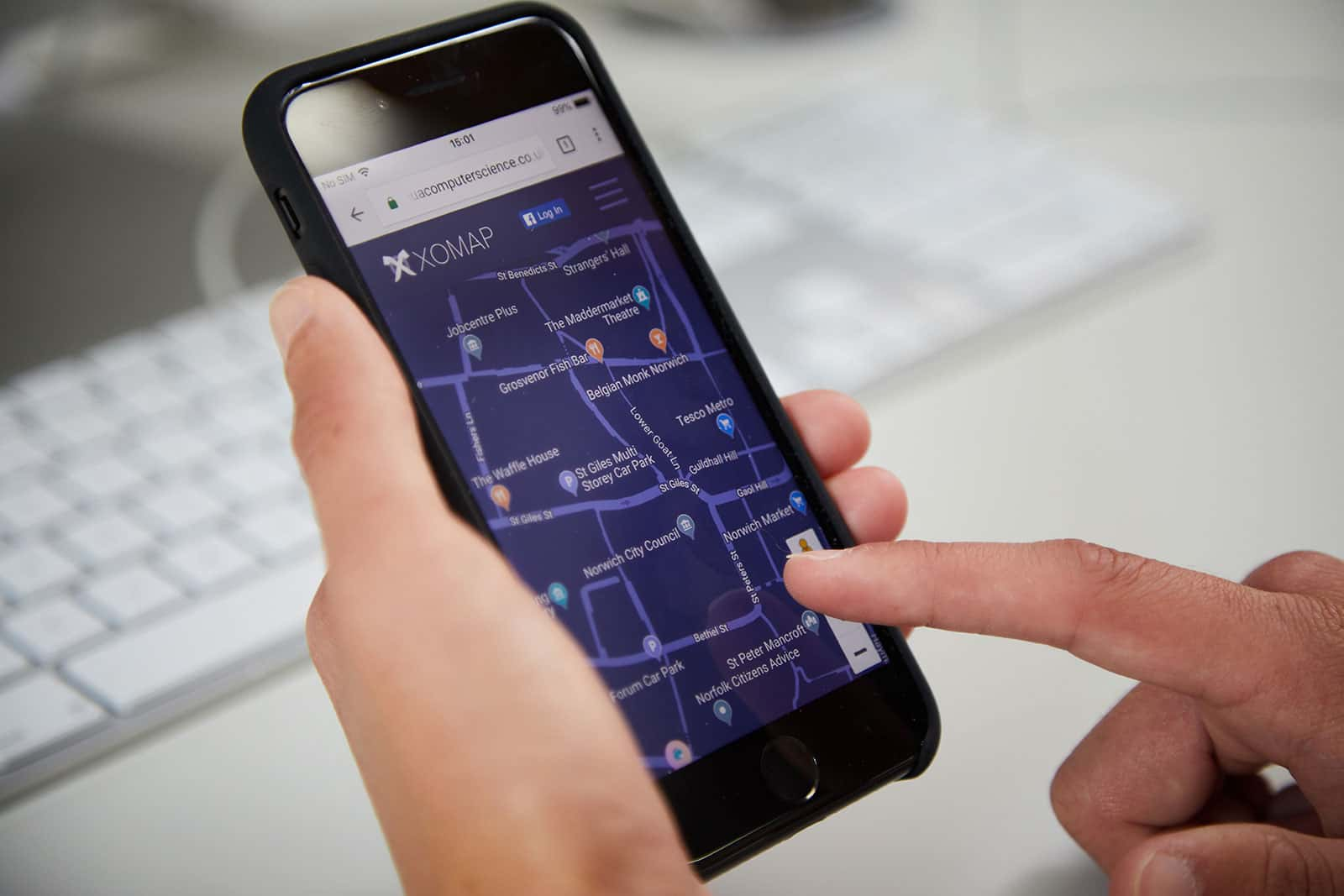
Typical career paths
Our MA in Interaction Design helps prepare graduates to excel in a design landscape that is increasingly shaped by technological advancements and interdisciplinary collaboration. The course provides practical skills in interactive art, interdisciplinary studio work, and digital arts. The course equips students for various career paths, including roles in industry, independent design consultancy, creative practice and further academic study. With the ability to create design solutions spanning web technologies, software, physical products, systems, services, environments, and installations, graduates will have a wide array of opportunities both locally and globally to explore.
This course prepares you for a career in a variety of disciplines related to interaction design, including:
- Interaction designer
- UX designer
- UX researcher
- Service designer
- Product designer
- User interface designer
The UK’s creative sector is thriving, contributing £111.7 billion annually to the economy and offering over 2 million jobs.
Department for Digital Culture Media and Sport (DCMS)
Entry Requirements
We typically require an honours degree of 2:1 or above in a science, technology, computing, maths, physics, engineering, data sciences or data analytics degree, or a professional qualification recognised as equivalent to an honours degree in a technology-related or engineering discipline.
Those with industry experience or relevant skills from non-traditional backgrounds are encouraged to apply, including individuals currently employed. If you’re unsure about your eligibility, please contact us for guidance before applying.
English language requirements (International/EU)
If English is not your first language, IELTS 6.5 (or equivalent) is required, with a minimum of 5.5 in reading, writing, listening, and speaking. we also accept other English language qualifications.
International Qualifications
We accept a wide range of qualifications from all over the world.
For information on entry requirements from your country, see our international pages.
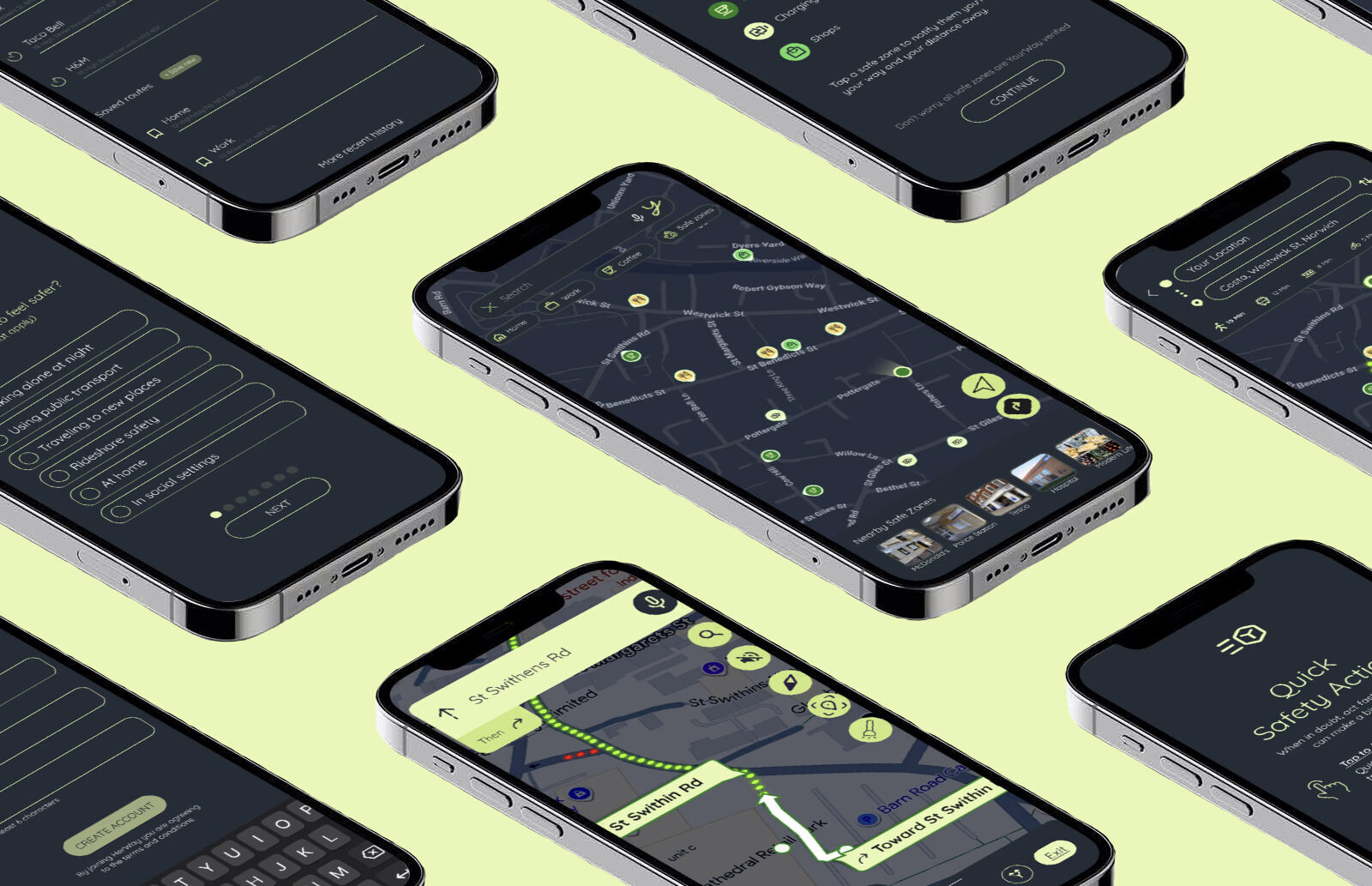
Fees and funding
Home
Tuition fees for the 2026/27 academic year
- Full time: £11,000
The level of fee that you will be asked to pay depends on whether you’re classed as a UK
(home) or international student. Check your fee status.
Fees for subsequent years
The rules for inflation on fees in subsequent years depend on the type of fee status and level
For Home and overseas postgraduate degree students starting in 2026, fees will remain the same for each year of your course.
Funding your study
Depending on your circumstances, you may qualify for a bursary, scholarship or loan to help fund your study and enhance your learning experience. Find out more about scholarships and funding.
International
Tuition fees for the 2026/27 academic year
- Full time: £24,000
The level of fee that you will be asked to pay depends on whether you’re classed as a UK
(home) or international student. Check your fee status.
Fees for subsequent years
The rules for inflation on fees in subsequent years depend on the type of fee status and level
For home and overseas postgraduate degree students starting in 2026, fees will remain the same for each year of your course.
Funding your study
We offer a range of scholarships and bursaries for international students. To find out more and see if you’re eligible, please visit the scholarships for international students page.
Additional costs
Your course fees cover the cost of studies, and include loads of benefits, such as the use of our library, support from our expert employability team, access to workshops and free use of the IT equipment across our campuses. There are also other costs which you may need to consider.
How to apply
Home
Applications to our postgraduate courses should be made directly to Norwich University of the Arts using a Postgraduate Application Form.
Applications should be returned to admissions@norwichuni.ac.uk
Please see our Terms and Conditions and Admissions Policies for further details.
International
Postgraduate applicants can only apply directly by completing the below online application form or emailing the downloadable form to ioadmissions@norwichuni.ac.uk
International students requiring a visa should apply as soon as possible in the year they wish to start. Email our International Team for more information. Please see our Terms and Conditions and Admissions Policies for further details
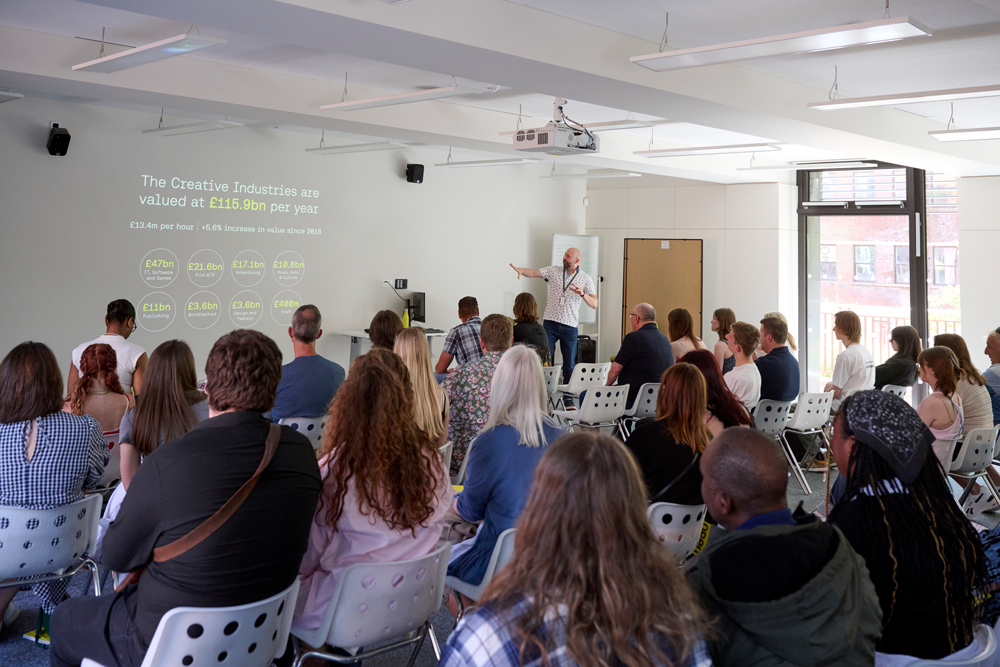
Latest news
-
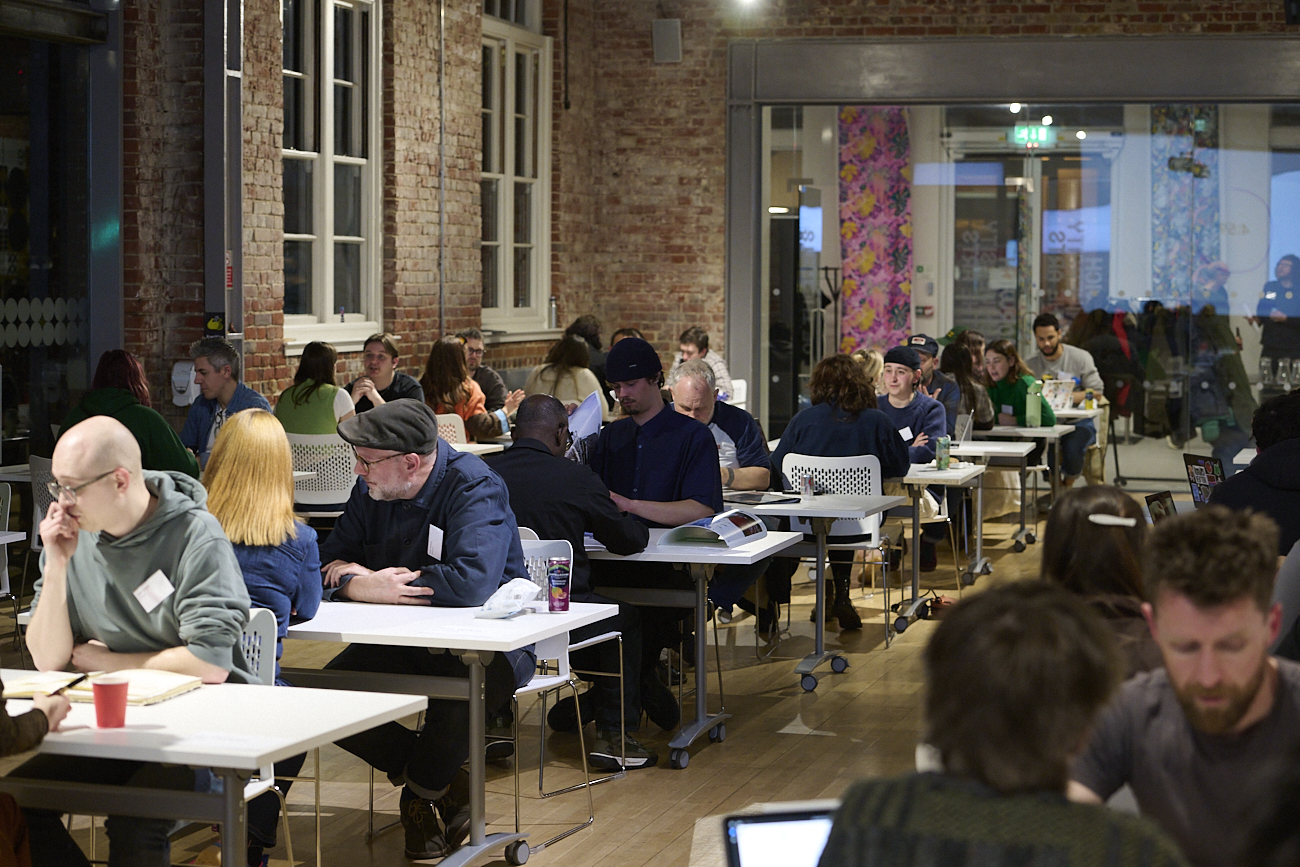 Employability •
Employability •Norwich University of the Arts celebrates 10 years of the Big Book Crit
Hundreds of Norwich students have shared their work with leading creative professionals over the last decade. -
 BA Film and Moving Image Production •
BA Film and Moving Image Production •Dear future international students – Diya Vaya, BA (Hons) Film and Moving Image Production
Diya writes about the experience of moving to Norwich from Nairobi, and her advice to future international students. -
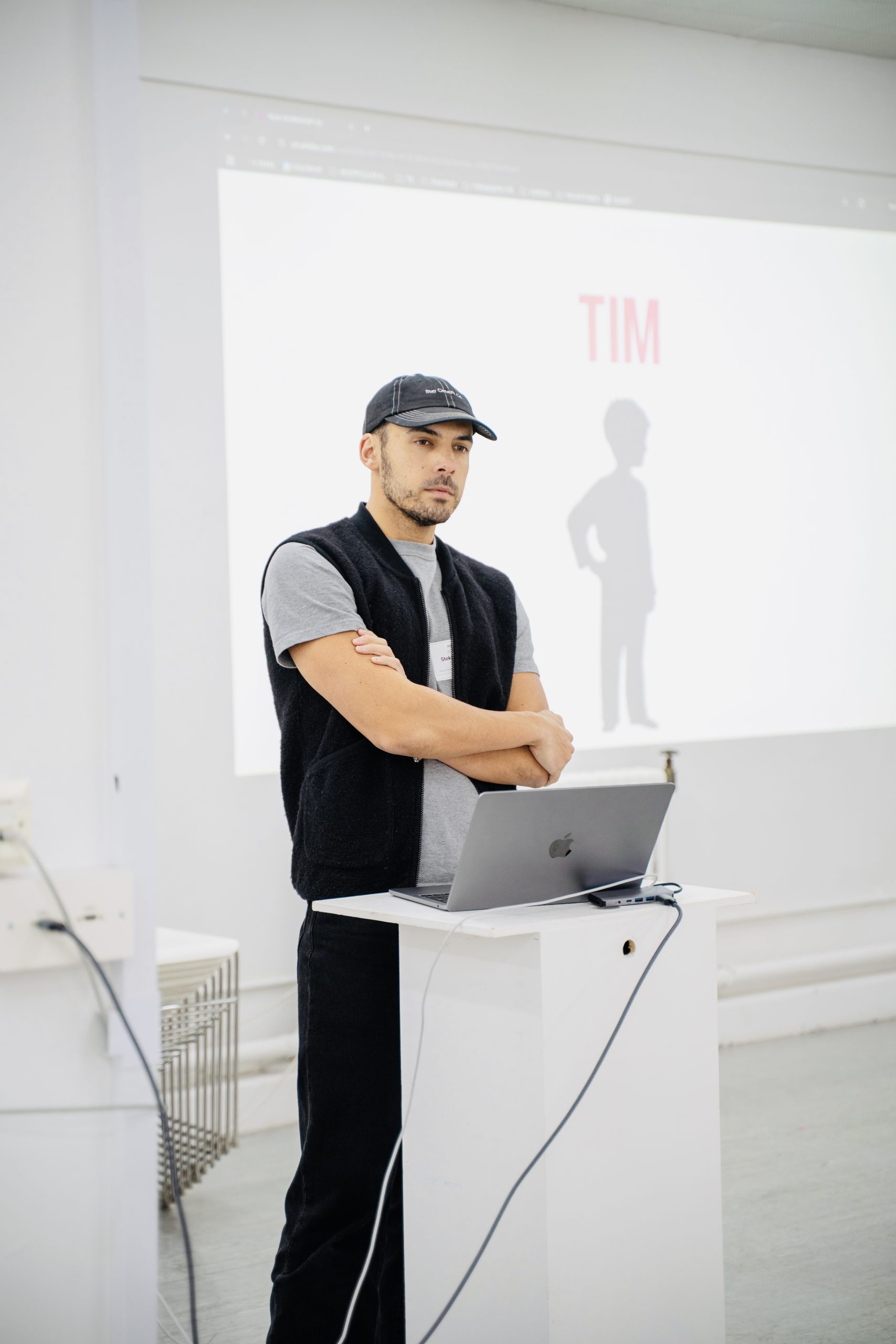 Course •
Course •Inside Interchange Week with Stokely Howard of Trendy Grandad
Stokely Howard, Co-Founder and Creative Director of video production company Trendy Grandad, shares his reflections on Norwich’s cross-course collaboration week. -
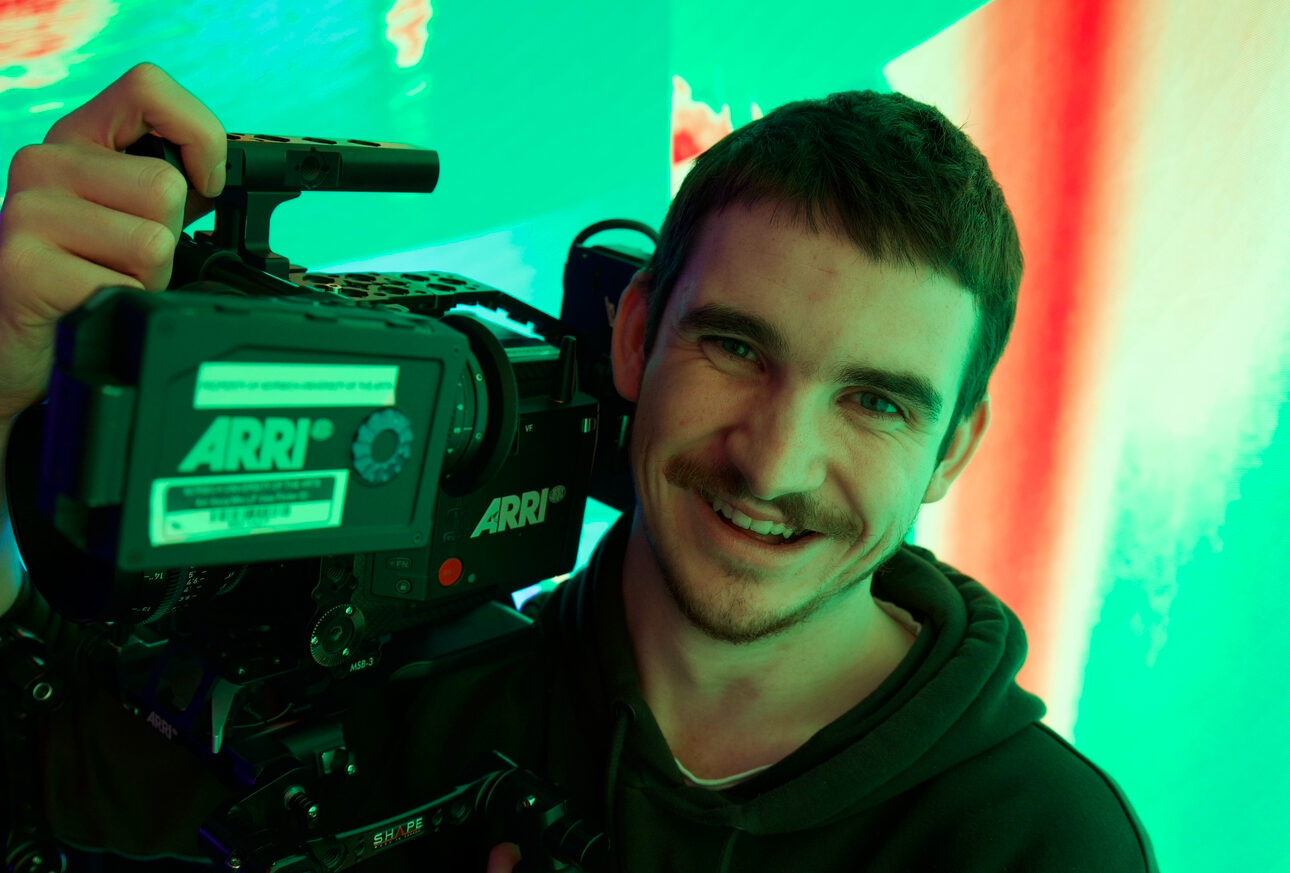 Alumni •
Alumni •Toby Hills Wins Prestigious Papin Prize at HETS 2025
Toby Hills, Senior Technician – Immersive & Virtual Production at Norwich University of the Arts, has been named Best Newcomer and awarded a prestigious Papin Prize during the UK Higher Education Technicians Summit (HETS) 2025 held this week. -
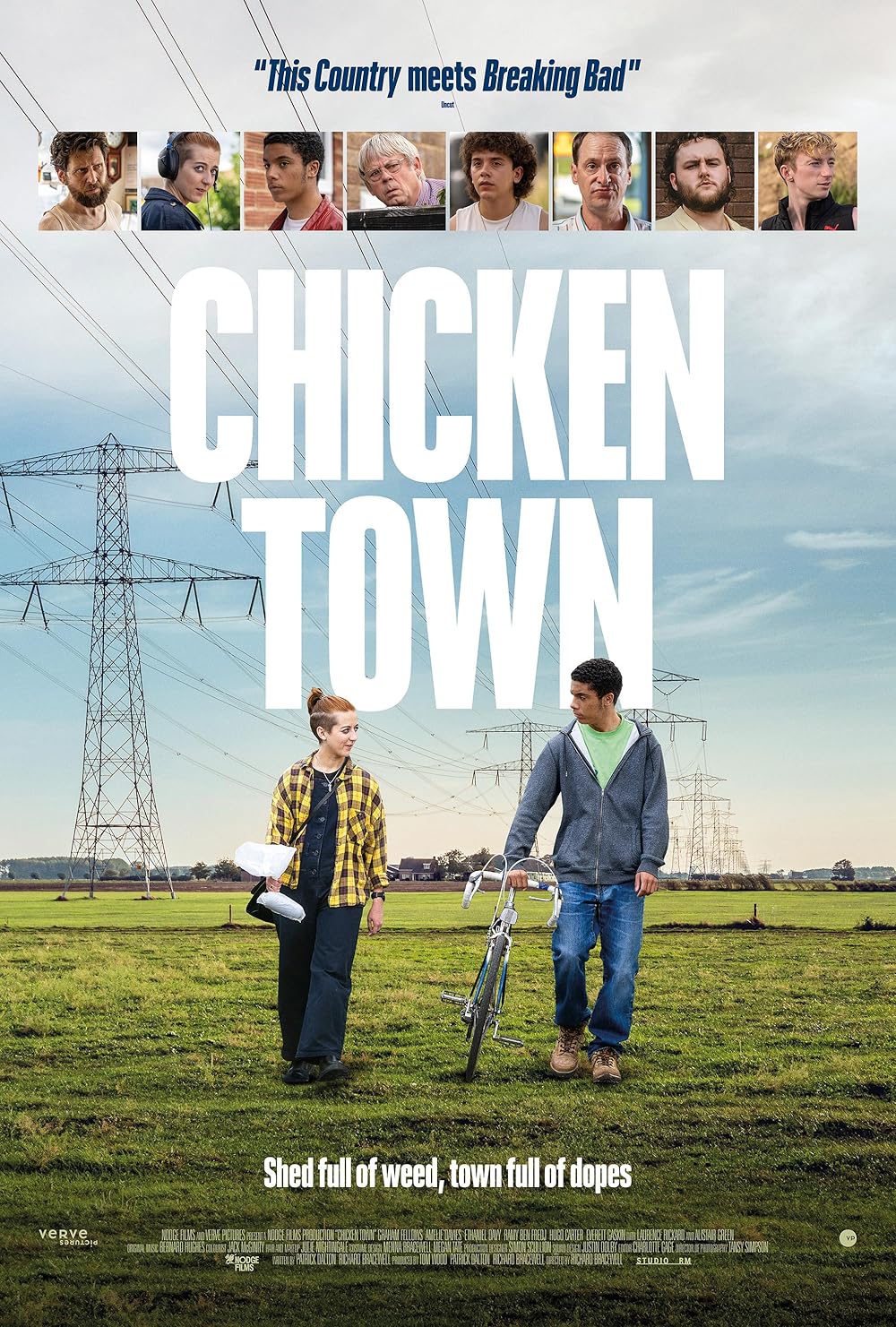 Alumni •
Alumni •Norwich lecturer celebrates world premiere of new film Chicken Town
This month sees the premiere of a new comedy film, Chicken Town, written and directed by Norwich University Lecturer Richard Bracewell. -
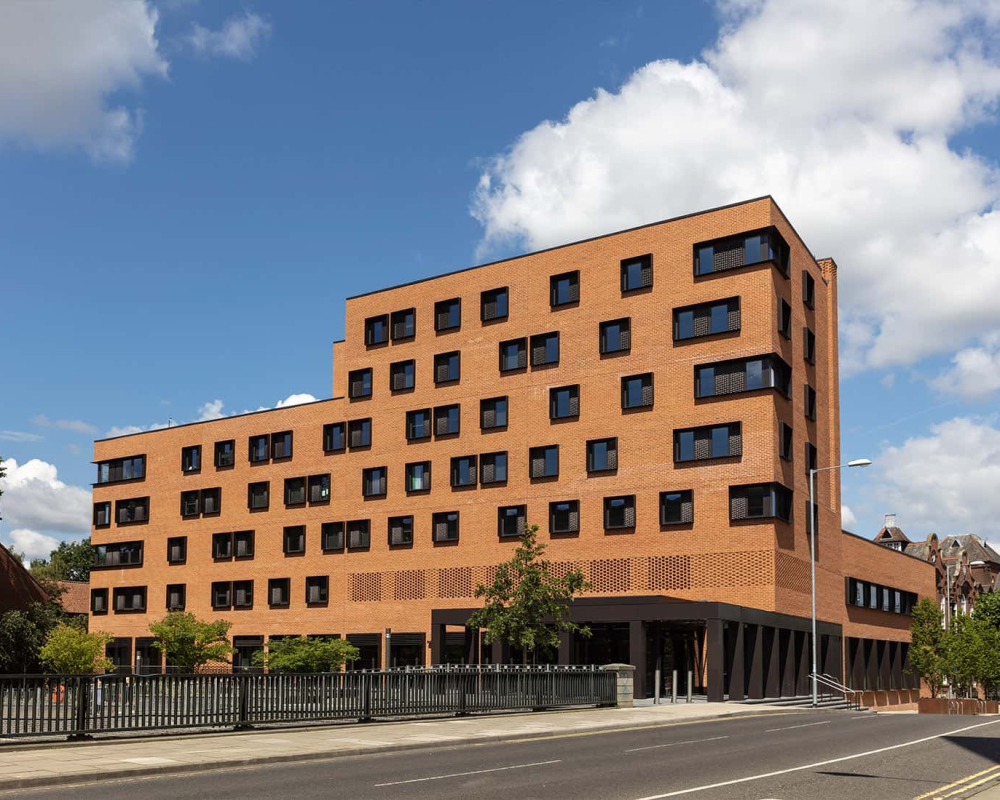 BA Degree •
BA Degree •Norwich University of the Arts moves up 25 places in The Complete University Guide
Norwich University of the Arts has been ranked among the UK's top two specialist creative arts universities — and the highest outside London — in the 2026 edition of The Complete University Guide -
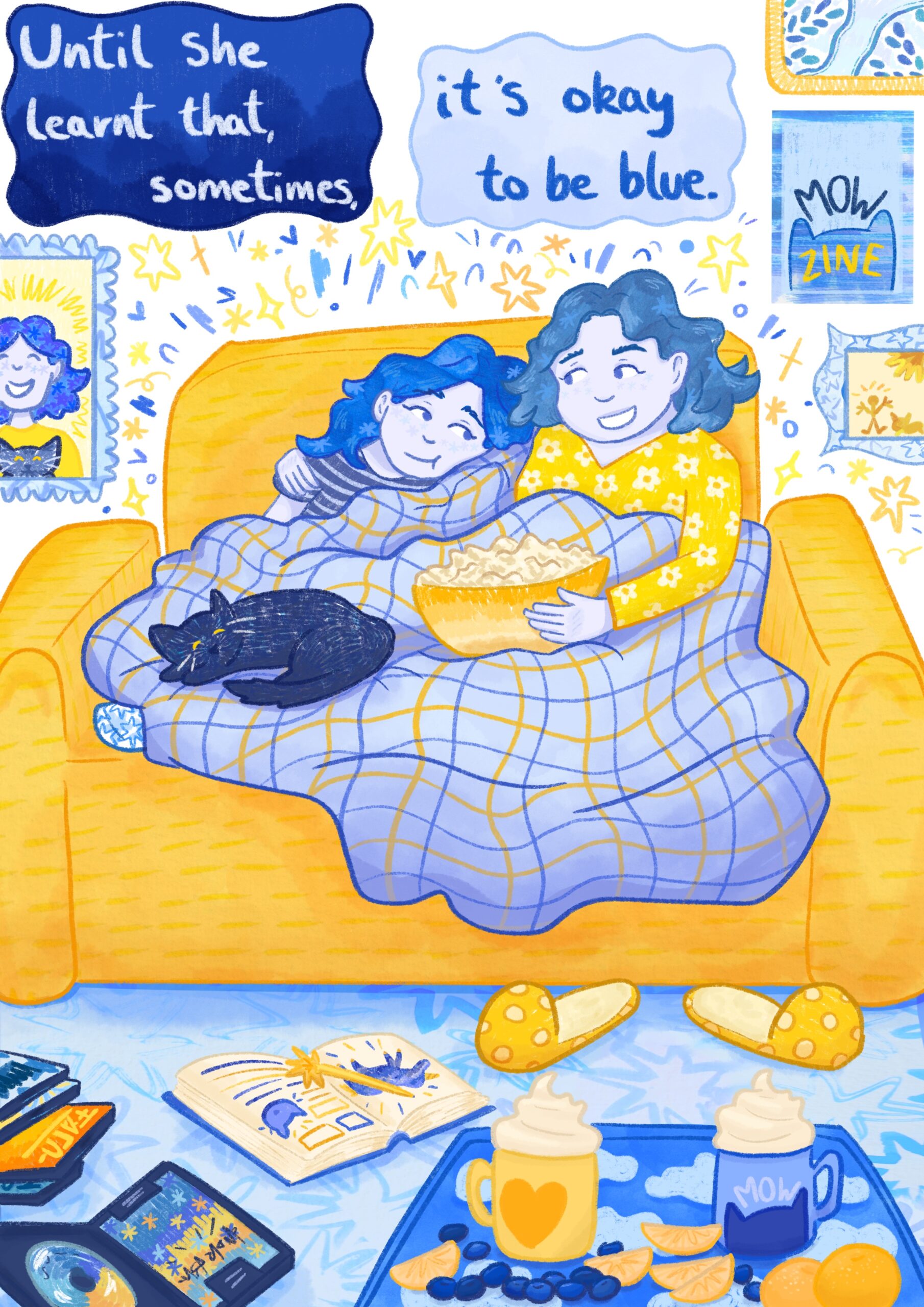 BA Illustration •
BA Illustration •In conversation with Gabriella Mason, BA (Hons) Illustration
Gabriella discusses how her creative practice and wider University experience has helped to manage and communicate topics around mental health. -
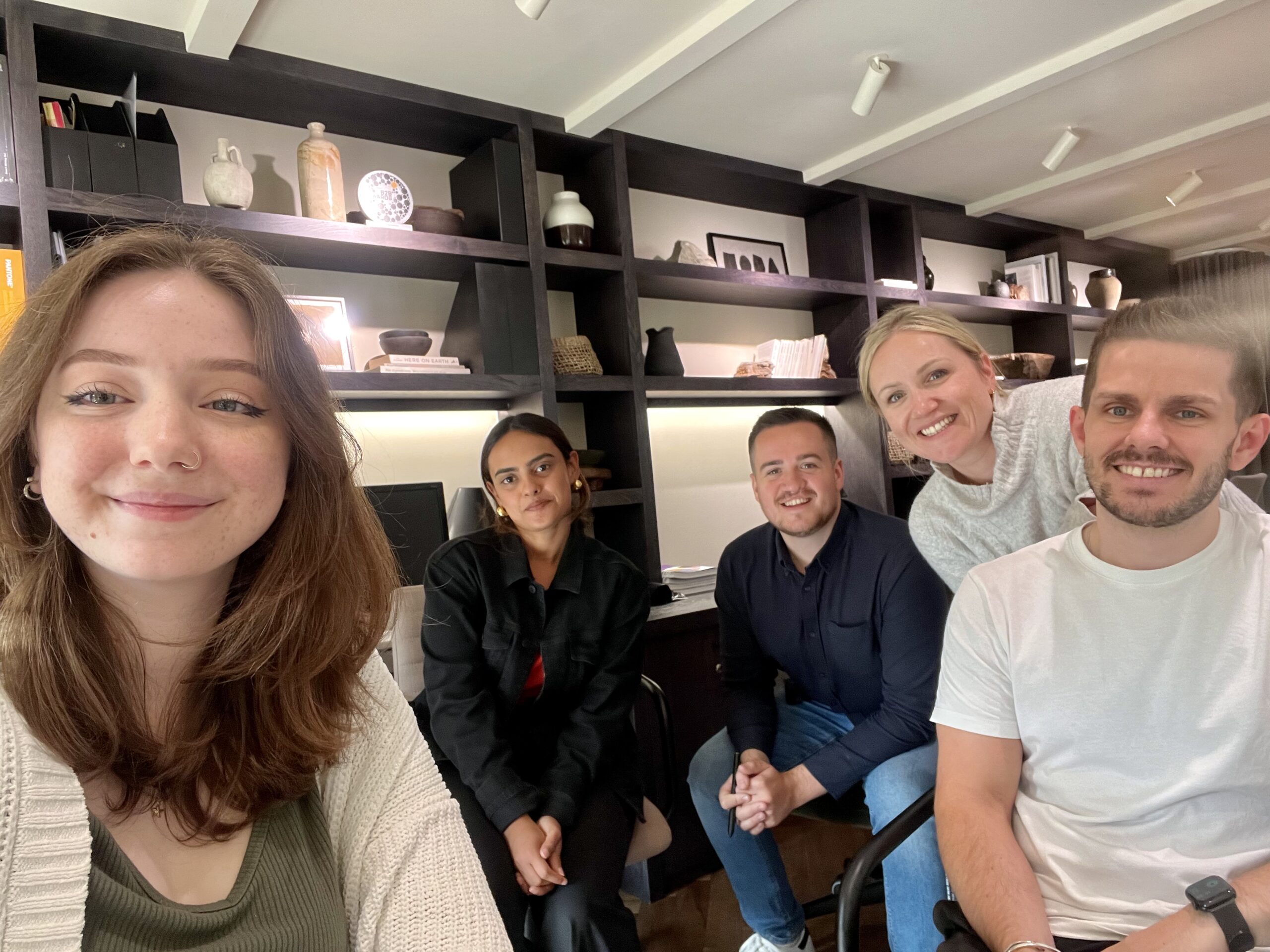 BA Graphic Communication •
BA Graphic Communication •In conversation with Cassie Muskett, BA (Hons) Graphic Communication
Cassie Muskett has been selected for the Chaos Design Bursary Award. She secured a two-week paid internship, along with a generous £800 bursary. We spoke to Cassie about her internship experience. -
 Alumni •
Alumni •Norwich Graduates announced winners in Global Creative Graduate Showcase 2024
Two graduates have been named winners in Arts Thread Global Creative Graduate Showcase 2024. -
 BA Animation •
BA Animation •In conversation with: Lucien Kelman, BA (Hons) Animation
Lucien talks to us about her practice, influences and advice for future students at Norwich. -
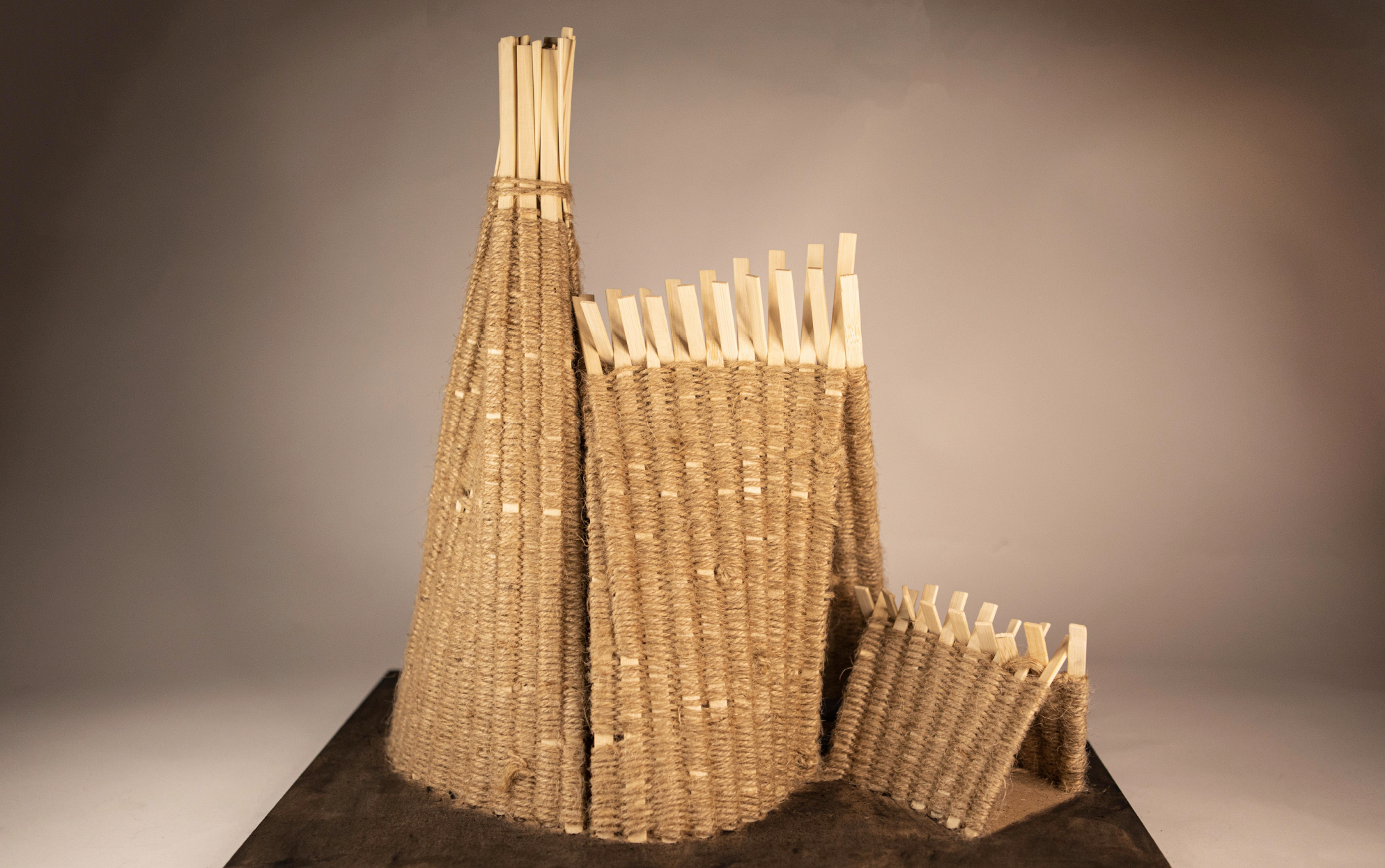 BA Architecture •
BA Architecture •In conversation with: Tracey Lin, BA (Hons) Architecture student
Tracey Lin talks to us about what it's like to study BA (Hons) Architecture at Norwich -
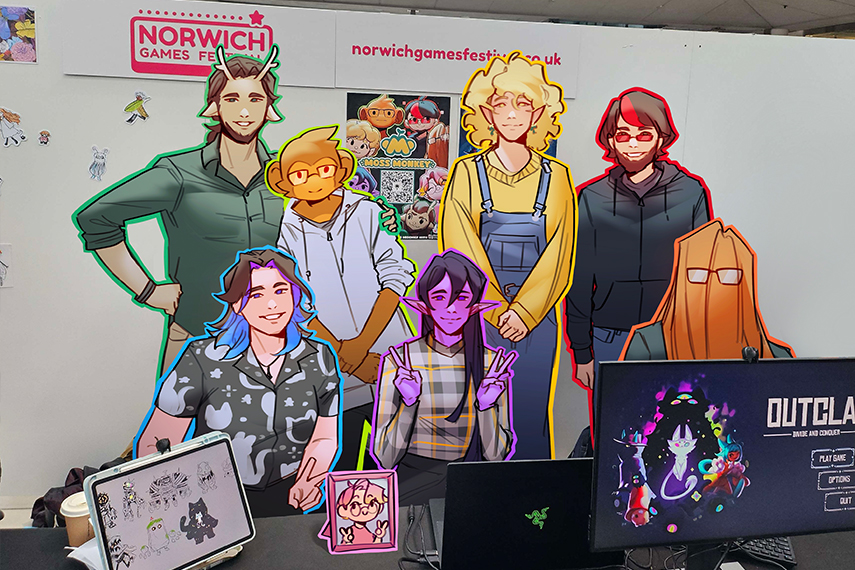 BA Games Art and Design •
BA Games Art and Design •In conversation with: Iz Head, BA (Hons) Games Art and Design
Iz tells us about what it's like to study BA (Hons) Games Art and Design at Norwich. -
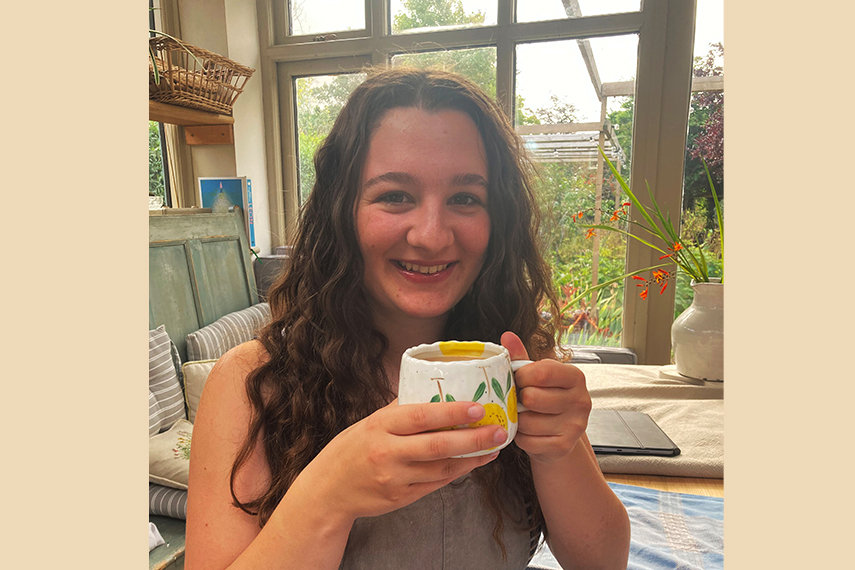 Accommodation blogs •
Accommodation blogs •Packing for student life: Essential tips for accommodation
Student Ambassador Jasmine tells us about her top tips for moving into student accommodation. -
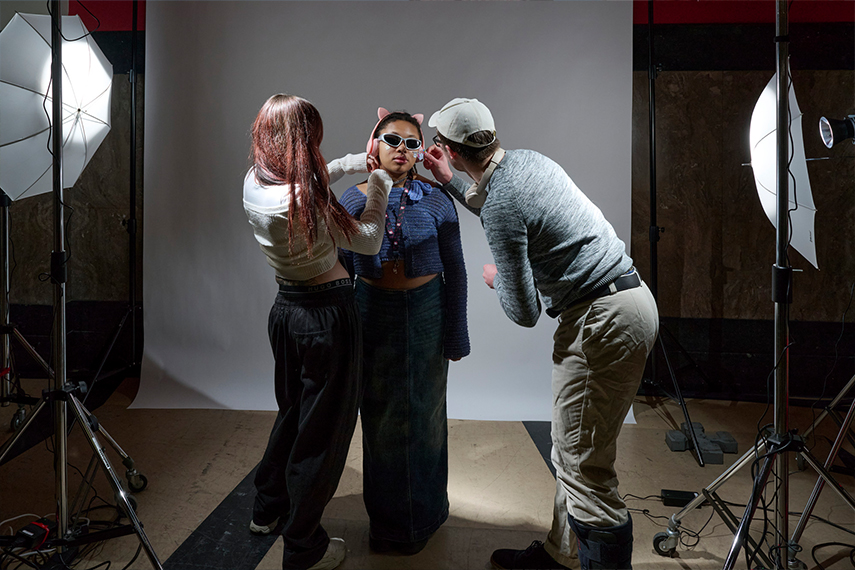 Employability •
Employability •Launching your career at Norwich
Entrepreneurship and Employability Adviser Robert talks to us about why student business at Norwich. -
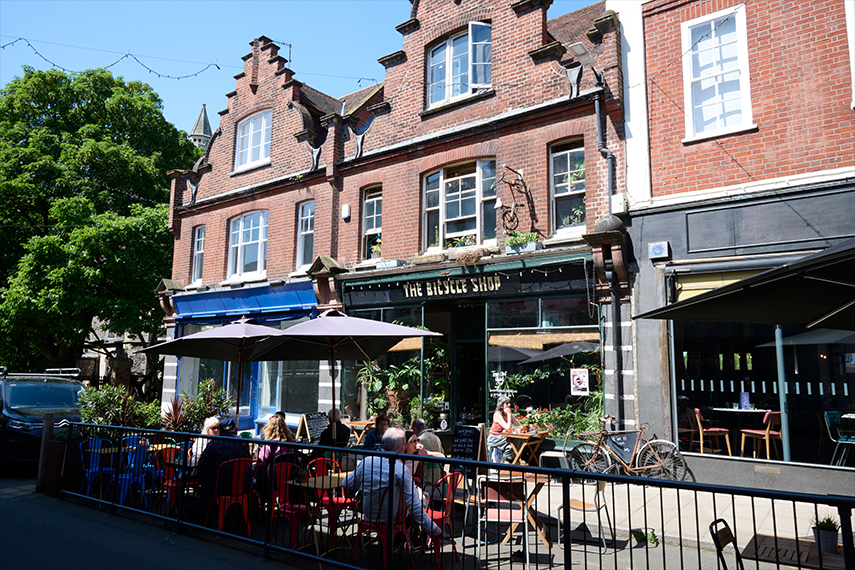 Norwich •
Norwich •Student Ambassador Guide: Norwich
Student Ambassador Lucien talks us through her favourite things about Norwich. -
 Alumni •
Alumni •Alumni Spotlight: Kino Bino
We catch up with Steff and Bella from animation studio Kino Bino.
Related courses
Discover our courses and take the first step towards unleashing your potential
-
Visit the User Experience Design MA course page
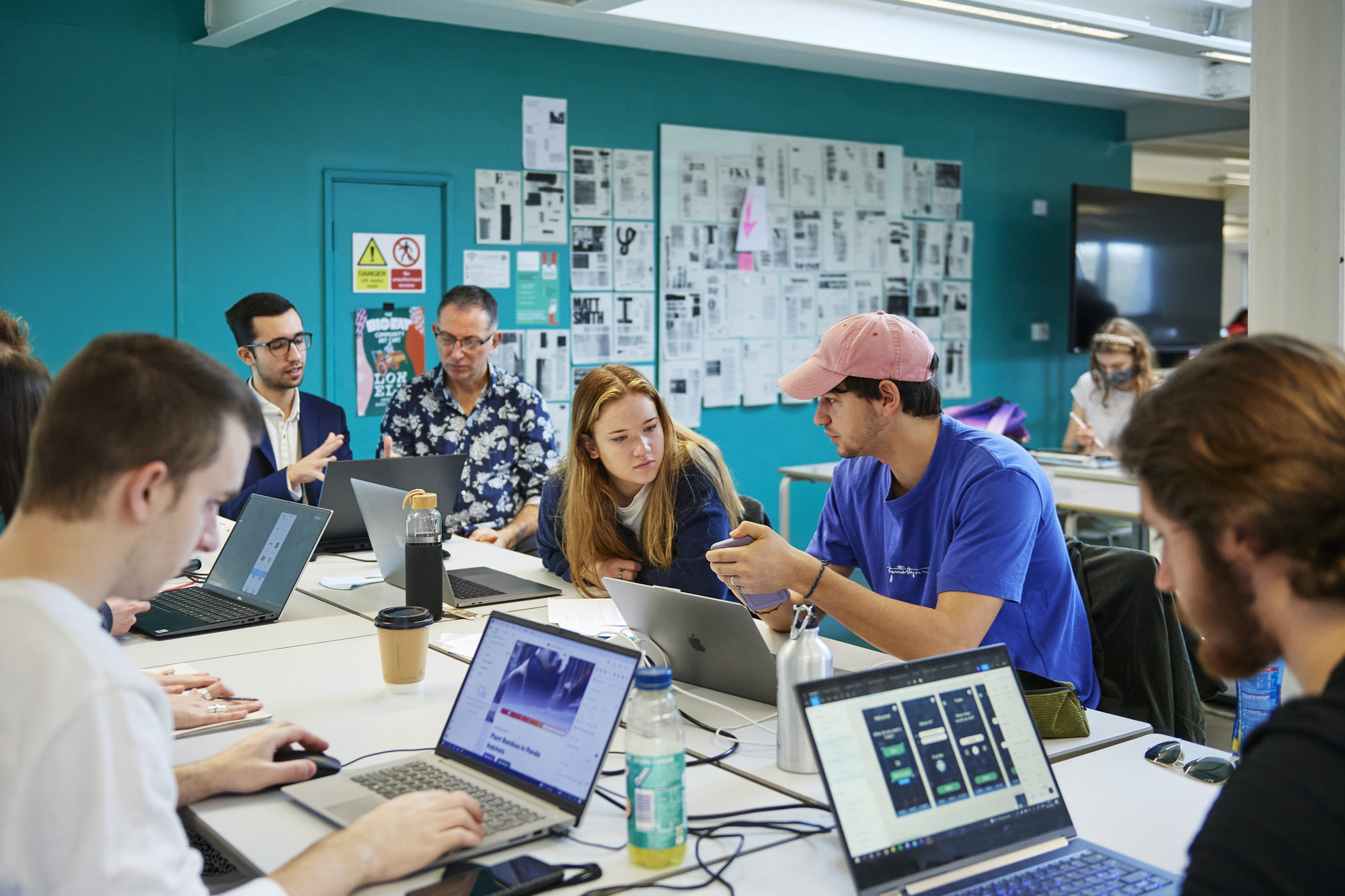
- Filter courses by study level: Postgraduate
- Filter courses by duration: Full time
- Filter courses by start month: September
- Filter courses by subject: User Experience Design
User Experience Design MA
Master user-centred design principles to develop and design socially and environmentally responsible, innovative products and solutions.
